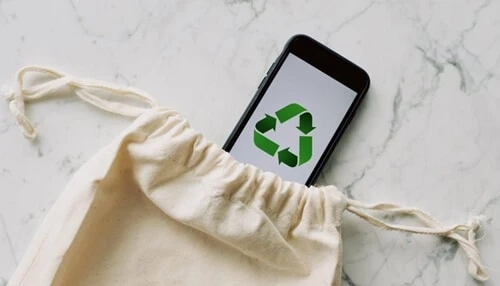As the world is waking up to the need for sustainable living, one area that requires utmost attention is waste management. Despite our best efforts, our planet faces a waste crisis, and it’s estimated that by 2050, our oceans will have more plastic waste than fish. To tackle this crisis, it’s important to focus on sustainable waste management and recycling trends. This article aims to provide some advice for individuals looking to understand and get involved in sustainability-focused waste management and recycling trends.
- Research and Knowledge
The first step to becoming well-versed in sustainability-focused waste management and recycling trends is to do some research. Start by reading up on sustainable waste management methods and the kind of materials that are recyclable. Understanding the common terms and principles in the industry is important, as it helps to navigate the vast range of bluffs and compounds. - Understand the Role of Technology
Technology plays a crucial role in waste management, and staying up-to-date with the new developments in the industry can help streamline the recycling process. Robotics, Artificial Intelligence, Internet of Things (IoT), Big Data and many other technologies are coming into play to provide efficient waste management solutions. It would be useful to attend technical webinars, workshops, or conferences relevant to the recycling industry to learn more about the emerging technologies applied in this field. - Be Aware of Source Separation
One of the essential parts of sustainable waste management is source separation. Source separation involves sorting waste products and separating them at the source for easier recycling and processing later on. Understanding how to organize and sort your waste materials into their respective categories is crucial to ensure their proper handling and disposal. It is essential to learn what kinds of plastics, glass, metals, and e-waste can be processed efficiently and how to dispose of any hazardous waste. - Get Involved Locally
One of the best ways to learn about sustainability-focused waste management and recycling trends is to get involved with local organizations that address this issue. There are many non-profit organizations, recycling centers, and community outreach programs that can provide education and hands-on experience. You can start volunteering at recycling centers, participate in cleanup drives, or join public outreach programs that help promote recycling in your community. - Incorporate Sustainable Practices in Your Daily Life
Learning about sustainability-focused waste management practices involves more than just reading up on theory; it is essential to put it into practice. You can incorporate sustainable waste management practices in your daily life, such as reducing plastic use, using eco-friendly products, composting, and recycling properly. Simple steps like these can go a long way in contributing to a sustainable future for the planet.
Conclusion:
With the planet facing a waste crisis, it is important to prioritize sustainability-focused waste management and trends in recycling. By acquiring knowledge and awareness about sustainable waste management and recycling practices, you can contribute to ensuring a more efficient and less polluting waste system. Start small by learning about source separation, understanding the role of technology and getting involved with local organizations. By practicing sustainable habits in your daily life, you can contribute to a better tomorrow for the planet and future generations. With these tips, you can become a force for change in the waste management industry.



